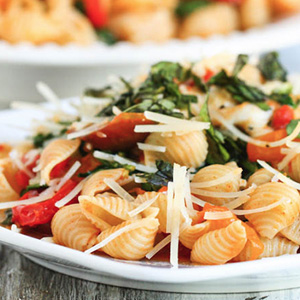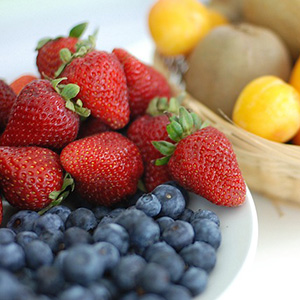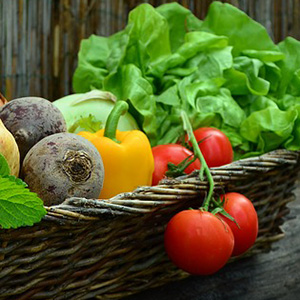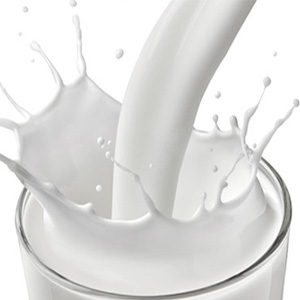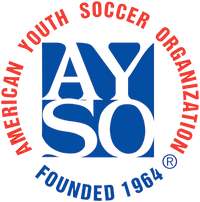Welcome to Healthy Soccer Kids!
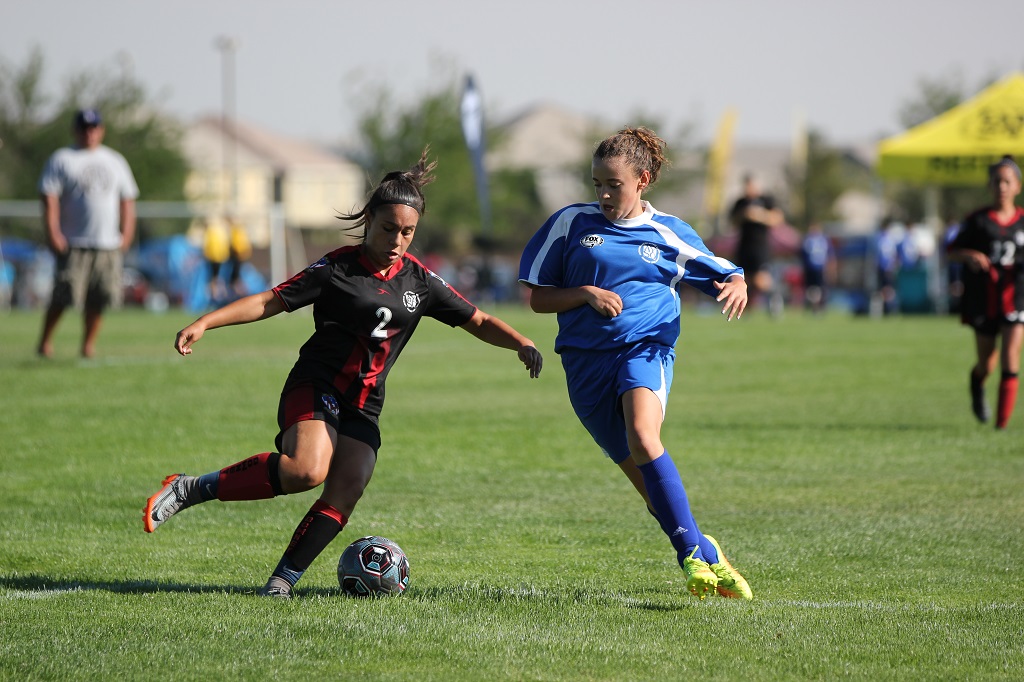
Healthy Eating for Athletic Kids
It’s no secret that growing kids need to fuel their bodies, but kids who are active need to be especially mindful of their eating habits to ensure that it’s aligned with their athletic lifestyle. In order to maintain a healthy weight, active children should eat enough calories to make up for the energy or calories that are burned during physical activity.
By not eating sufficient nutrients and properly replenishing their active bodies, kids inhibit their growth and development. A proper meal plan for active kids help regulate not just their body weight but helps with injury prevention, immune system development and increased focus and attention.
The amount of calories a young athlete needs varies by age, gender and activity level. According to the National Heart, Lung, and Blood Institute, girls between the ages 4-8 should consume 1,400 to 1,800 calories per day, if they are active. An active girl who is between the ages 9-13 should have anywhere between 1,800 to 2,000 calories a day. Active girls who are 14-18 years old should shoot for 2,400 calories a day.
As for active boys, the National Heart, Lung, and Blood Institute states that boys between the ages 4-8 should have a calorie intake of 1,600 to 2,000, and boys between the ages 9-13 should consume 2,000 to 2,600. Active boys who are 14-18 years old should consume 2,800 to 3,200 calories per day.
Young athletes need a balance of carbohydrates, protein and fats to fuel their active bodies. Carbohydrates provide energy, which influences endurance and power, while fats provide energy as well but they should be eaten in small amounts. Lastly, proteins help rebuild and repair muscles.
Healthy fats should come from sources that have the nutrient in polyunsaturated and monounsaturated form – think fish, nuts and vegetable oils. Carbs can be found in whole-grain bread, crackers, pasta and even cereal. Proteins can be spread throughout the day with each meal, like having an egg sandwich in the morning or black bean soup for lunch.
Final tips: Don’t forget about hydration, steer clear of sugary or caffeinated drinks, and limit your athlete’s consumption of processed foods!
